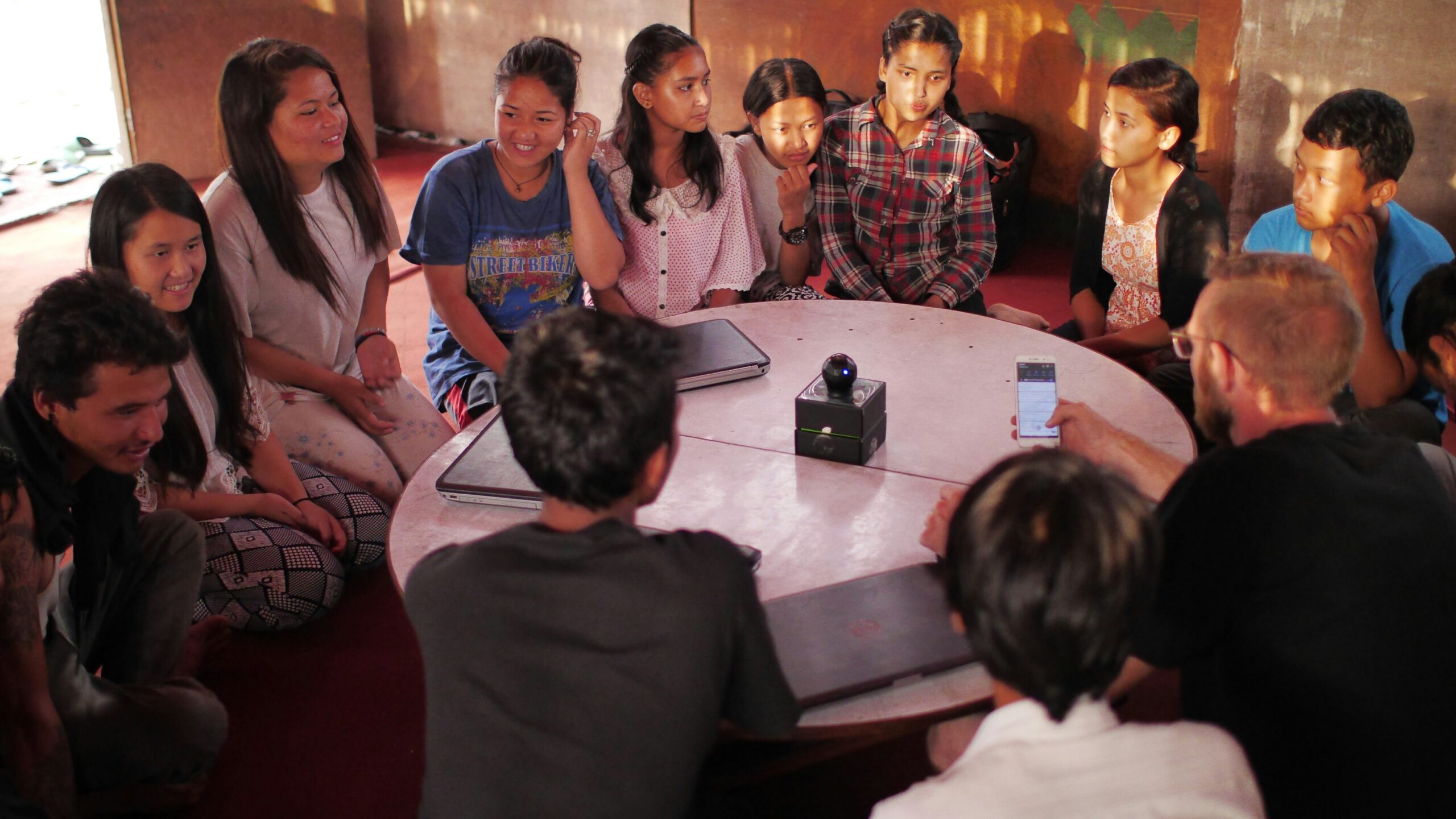
Families are the cornerstone of society, and communities flourish when they are supported in their journey toward health and stability. In today’s world, families’ complexities require individual efforts and a collective approach to ensure their well-being. Building robust community systems that provide resources, support networks, and safety nets is critical in helping families navigate challenges and thrive. By fostering strong community infrastructures, families can gain the tools and assistance needed to improve their overall quality of life.
The Role of Community Systems in Strengthening Families
Community systems are the backbone of a thriving family environment. They include a network of services, resources, and social structures that support families in various aspects of life, from healthcare to education. By developing well-organized community systems, families can better address their needs, reduce stress, and enhance their well-being.
One of the most vital benefits of community systems is the social support they provide. Families, particularly those facing difficult situations, often feel isolated and overwhelmed. When a strong network exists, families can connect with others, share experiences, and offer mutual support. These social connections are essential for emotional health, preventing isolation, and promoting resilience. Communities fostering connection and collaboration can create a more supportive and empowering family environment.
Access to Vital Health Resources
Health is essential to family well-being, and community systems are critical in ensuring families have access to healthcare services. From regular check-ups and preventative care to urgent medical needs, communities must offer accessible and affordable healthcare options. By making healthcare services available within the community, families can address health issues before they escalate, improving overall outcomes.
In addition to physical health services, mental health resources are equally important. Families often face stress, anxiety, and mental health challenges that affect their ability to function optimally. Community systems that provide mental health services, such as counseling, support groups, and therapy, allow families to manage these challenges effectively. When mental health support is readily available, families are more likely to remain strong, united, and resilient in adversity.
Educational Opportunities for Family Growth
Education is a powerful tool that can significantly impact a family’s future. Communities with strong educational support systems equip families to achieve long-term success. These systems provide opportunities for all family members, from early childhood education to adult learning programs. For parents, gaining new skills and knowledge can open doors to better employment and economic stability, while children benefit from improved academic outcomes and a broader sense of possibility.
Community-based educational programs foster a learning culture where parents are encouraged to engage with their children’s academic journey. Family-focused education initiatives, such as parenting classes or family literacy programs, enhance individual skills and strengthen the family unit. When communities prioritize education, they ensure families are better prepared to handle life’s challenges and create a brighter future for the next generation.
Financial Support and Economic Empowerment
Financial stability is an integral part of a healthy family. Families that struggle with economic insecurity often face increased stress, which can negatively affect their physical and emotional health. A key part of building supportive community systems is providing families access to financial assistance programs, job training, and affordable housing. When families are equipped with financial resources, they can better provide for their basic needs and focus on improving their overall quality of life.
Communities can help families achieve economic self-sufficiency by offering financial counseling, career development programs, and job placement assistance. Programs that reduce the burden of financial instability give families the breathing room they need to prioritize their health, education, and well-being. Economic empowerment improves individual family outcomes and contributes to the community’s strength and success.
Creating Safe, Inclusive Communities for Families
Safety is fundamental to family well-being. Communities must work to create safe environments where families can live without the fear of violence, crime, or neglect. Community systems prioritizing safety address various issues, from crime prevention to child protection and domestic violence support. When families feel safe in their environment, they can focus on building strong, healthy relationships and fostering the growth of their children.
Moreover, inclusive communities that welcome all families, regardless of background, ensure everyone can access the same opportunities and resources. Diversity and inclusivity are key components of strong communities, providing families a sense of belonging and support. When families feel accepted and valued, they are more likely to engage in community activities and contribute to the collective well-being.
Collaboration for Lasting Impact
Creating sustainable community systems requires collaboration from diverse stakeholders, including local governments, nonprofit organizations, businesses, and community members. Each group has a role in building a robust system that meets families’ needs. When these groups work together, they can develop and implement effective solutions that address families’ most pressing challenges.
Community engagement is essential to ensuring that systems are responsive to families’ needs. Systems become more effective and relevant by involving families in decision-making and empowering them to shape their community actively. Collaboration enhances the impact of community resources and fosters a sense of ownership and responsibility, encouraging families to participate actively in their well-being.
Building strong community systems that support family well-being is essential to creating healthy, thriving families. By providing access to healthcare, education, financial resources, and safe environments, communities can help families overcome challenges and achieve stability. The key to success lies in collaboration, engagement, and a commitment to fostering supportive, inclusive environments. When communities work together to create these systems, families are better equipped to face the future with confidence and strength.